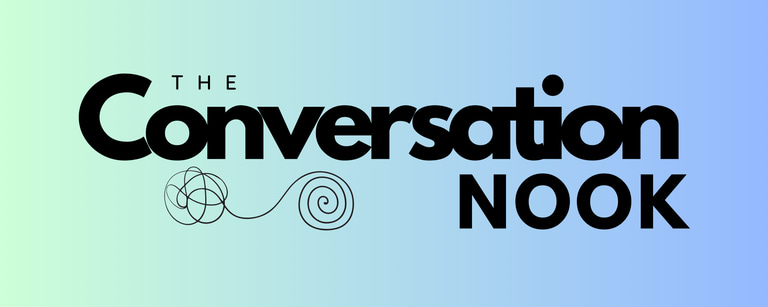The Power of Perception: Understanding How NLP Can Transform Your Perspective
Swetha Dhantal
2/20/20242 min read


Welcome to The Conversation Nook, where we delve deeper into how NLP can be the catalyst for your personal transformation.
In the realm of personal development, few concepts are as profound and transformative as the idea that "men are disturbed not by things but by their view of things." This timeless wisdom, attributed to the Stoic philosopher Epictetus, holds a profound truth that resonates across cultures and centuries. But what exactly does it mean, and how can we apply it to our lives?
At the heart of this notion lies the fundamental principle of Neuro-Linguistic Programming (NLP): the idea that our subjective experience of reality is shaped not by external circumstances but by the internal filters through which we perceive and interpret those circumstances. In other words, it's not the events themselves that cause us distress, but rather the meanings we attach to those events and the stories we tell ourselves about them.
Lets delve deeper into this concept through the lens of NLP:
Understanding Your Filters: One of the key insights of NLP is that each person experiences the world through their unique set of filters, shaped by their beliefs, values, past experiences, and language patterns. By becoming aware of these filters, you can gain insight into how they influence your perceptions and reactions to events.
Reframing Your Perspective: NLP offers powerful techniques for reframing, or changing the meaning of, past experiences and current challenges. By shifting your perspective and viewing a situation from different angles, you can uncover new insights and opportunities for growth. For example, instead of seeing a setback as a failure, you might reframe it as a valuable learning experience that can propel you forward.
Taking Ownership of Your Responses: One of the core principles of NLP is the idea of personal responsibility. Rather than blaming external circumstances for your emotions and behaviors, NLP encourages you to take ownership of your responses and empower yourself to choose how you react to life's ups and downs.
Practicing Mindfulness: Mindfulness, the practice of being fully present and aware in the moment, is a central component of NLP. By cultivating mindfulness, you can observe your thoughts and emotions without judgment, allowing you to respond to them with greater clarity and equanimity.
Cultivating Empathy and Understanding: NLP emphasizes the importance of effective communication and rapport-building skills. By learning to understand and empathize with others' perspectives, you can enhance your relationships and navigate conflicts more skillfully.
Takeaways:
Shift Your Perspective: Remember that your perception of reality is malleable, and you have the power to choose how you interpret and respond to events.
Practice Self-Awareness: Cultivate awareness of your internal thought patterns, beliefs, and emotions, and notice how they influence your perception of the world.
Choose Empowering Beliefs: Replace limiting beliefs with empowering ones that support your growth and well-being.
Embrace Change: View challenges as opportunities for learning and personal transformation, rather than obstacles to be feared or avoided.
Communicate Effectively: Use NLP techniques to enhance your communication skills and build deeper connections with others.
In conclusion, by embracing the principle that "men are disturbed not by things but by their view of things," and applying the principles of NLP, you can transform your perspective, empower yourself to navigate life's challenges with grace and resilience, and cultivate a greater sense of peace, fulfillment, and well-being.
Thank you
Swetha Dhantal
The Conversation Nook

